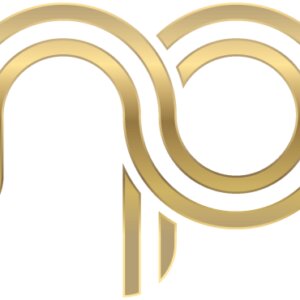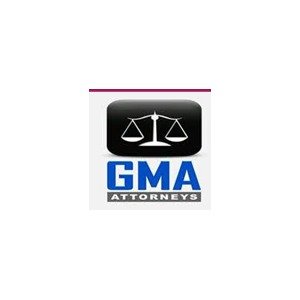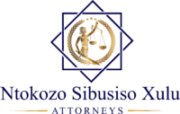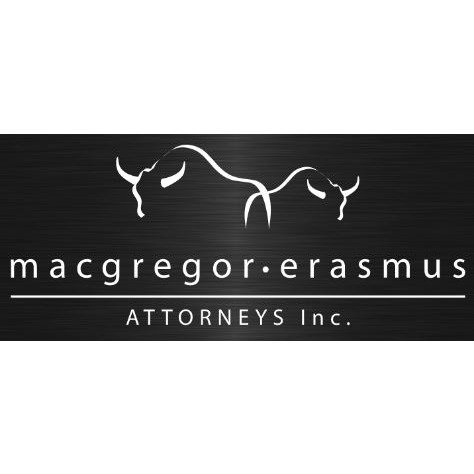Best Water Law Lawyers in Durban
Share your needs with us, get contacted by law firms.
Free. Takes 2 min.
List of the best lawyers in Durban, South Africa
About Water Law in Durban, South Africa
Water law in Durban, South Africa, is a critical area of law focused on the use, management, and protection of water resources. As Durban is situated along the eastern coastline and features several rivers and water bodies, regulation is essential to balance the demands between residential, commercial, agricultural, and industrial water users. Water law governs rights to access, use, allocate, and protect water resources found in rivers, dams, wetlands, and underground sources. It also handles issues of pollution control, water conservation, and equitable distribution to support both development and the environment. National legislation, such as the National Water Act, applies across the country but is implemented locally, making understanding specific Durban contexts important.
Why You May Need a Lawyer
There are several scenarios in which seeking a water law lawyer may be necessary in Durban. These include:
- Disputes over water rights or allocation between individuals, businesses, or communities
- Issues relating to pollution of water sources and liability arising from contamination
- Assistance with licensing or compliance for water use, including boreholes or river abstraction
- Legal representation in resolving municipal disputes related to water accounts, billing, and supply disconnections
- Guidance on water-related property rights or servitudes impacting land ownership
- Advice on regulatory compliance for developers or agricultural businesses requiring large water usage
- Advocacy or advice during drought, water restrictions, or emergency water management actions
Experienced legal help ensures your rights are protected and obligations are met in all matters related to water in Durban.
Local Laws Overview
Water law in Durban is shaped by both national legislation and local by-laws. The key pieces of national legislation include the National Water Act, the Water Services Act, and related environmental laws. Locally, water services in Durban are managed primarily by the eThekwini Municipality, which enacts its own by-laws to govern distribution, usage, and conservation.
Key aspects relevant to water law in Durban include:
- Licensing requirements for water abstraction, diversion, or storage
- Regulations on pollution, wastewater discharge, and environmental resource protection
- Municipal authority to restrict water use during shortages or emergencies
- Enforcement of water conservation measures for homes and businesses
- Requirements for water connection, metering, and billing by the Municipality
- Process for handling water contamination or supply disputes
Understanding both national and municipal rules is crucial to compliant and sustainable water use in Durban.
Frequently Asked Questions
What is water law and why is it relevant in Durban?
Water law is the area of law regulating the use, allocation, management, and protection of water resources. It is particularly important in Durban due to growing water demand, environmental pressures, and the need for equitable access to clean water.
Who is responsible for water supply in Durban?
The eThekwini Municipality is responsible for providing water supply and implementing local water management policies, operating under the framework of national laws and regulations.
Do I need a license to use river or borehole water on my property?
Using large volumes of river or underground water often requires a license from the Department of Water and Sanitation under the National Water Act. Domestic and small-scale use may be exempt but always check legal requirements.
What can I do if my water is cut off or restricted without notice?
If your water supply is disconnected or restricted unexpectedly, you should contact the eThekwini Municipality to determine the cause. If the issue is not resolved, consult a water law lawyer to review your rights and options for restoring service.
Can I be fined for wasting water during shortages?
Yes, during droughts or restrictions, the Municipality may implement water-saving regulations and fines may be imposed for non-compliance, such as excessive watering of gardens or leaks not being fixed promptly.
What legal steps can I take if my property is affected by water pollution?
If your property or water supply is contaminated, legal remedies may include lodging complaints with environmental or municipal authorities, seeking damages, or compelling polluters to remediate under environmental laws.
Are there rules regarding water use for agricultural or business purposes?
Yes, commercial and agricultural users are subject to licensing, reporting, and conservation obligations. Non-compliance can result in penalties or loss of rights to use water.
How are water rights handled when properties are sold?
Water rights or related servitudes are often attached to land and should be specified in property sale agreements. Legal advice ensures that all rights and obligations related to water use are properly transferred.
What government bodies oversee water management in Durban?
Nationally, the Department of Water and Sanitation oversees water resources. Locally, the eThekwini Municipality manages distribution and enforcement of by-laws.
How do I resolve a dispute with my neighbor over water access?
Legal disputes over shared or boundary water resources can be complex. Mediation may resolve minor disagreements but legal assistance is advisable to interpret rights and seek enforceable solutions when informal negotiation fails.
Additional Resources
If you need further information or support regarding water law in Durban, consider the following resources:
- The eThekwini Municipality Water and Sanitation Division: Handles local water supply, billing, and customer complaints.
- Department of Water and Sanitation (national): Oversees water law, licensing, and compliance nationally.
- Environmental Affairs Department: Provides guidance on environmental impact and pollution issues relating to water.
- Legal Aid South Africa: Offers free or low-cost legal advice and representation for qualifying individuals.
- South African Human Rights Commission: Accepts complaints regarding access to water as a basic human right.
- Local law societies or attorneys specializing in environmental or water law: Ideal for in-depth legal counsel and representation.
Next Steps
If you find yourself facing a water law issue in Durban, consider taking the following steps:
- Gather all relevant documentation, such as notices from authorities, property deeds, licensing correspondence, or evidence of the dispute.
- Contact the eThekwini Municipality Water and Sanitation Department or the Department of Water and Sanitation for guidance on regulatory procedures or to lodge formal complaints.
- Seek early legal advice from a lawyer with experience in water or environmental law to review your case and equip you with appropriate solutions.
- If you cannot afford a private attorney, contact Legal Aid South Africa or similar organizations for assistance.
- Act quickly, as delays may affect your rights or lead to further complications, especially in cases of emergencies or regulatory deadlines.
Navigating water law in Durban can seem challenging, but with the right information and timely expert advice, you can protect your interests and ensure your compliance with local laws and regulations.
Lawzana helps you find the best lawyers and law firms in Durban through a curated and pre-screened list of qualified legal professionals. Our platform offers rankings and detailed profiles of attorneys and law firms, allowing you to compare based on practice areas, including Water Law, experience, and client feedback.
Each profile includes a description of the firm's areas of practice, client reviews, team members and partners, year of establishment, spoken languages, office locations, contact information, social media presence, and any published articles or resources. Most firms on our platform speak English and are experienced in both local and international legal matters.
Get a quote from top-rated law firms in Durban, South Africa — quickly, securely, and without unnecessary hassle.
Disclaimer:
The information provided on this page is for general informational purposes only and does not constitute legal advice. While we strive to ensure the accuracy and relevance of the content, legal information may change over time, and interpretations of the law can vary. You should always consult with a qualified legal professional for advice specific to your situation.
We disclaim all liability for actions taken or not taken based on the content of this page. If you believe any information is incorrect or outdated, please contact us, and we will review and update it where appropriate.

















